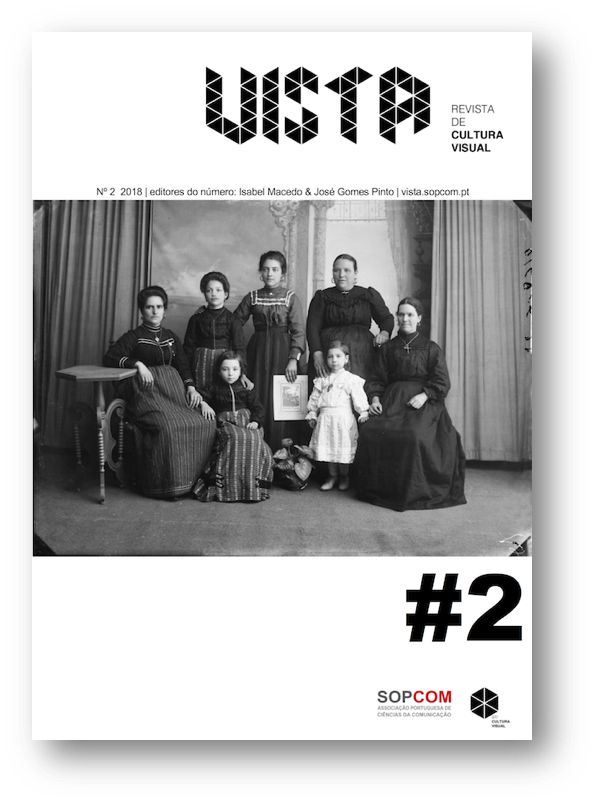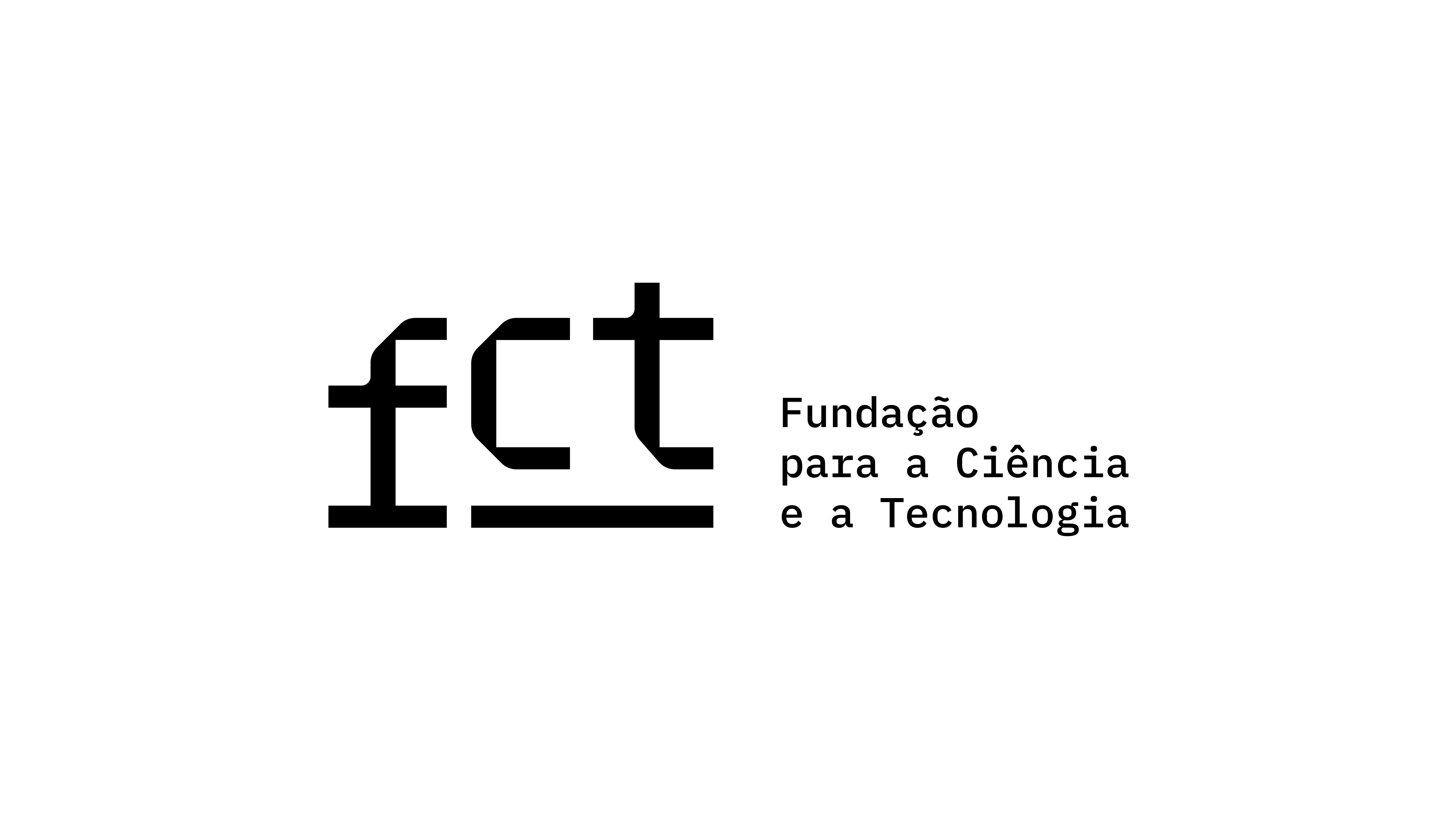Identidade, memória e a ecranização. O indivíduo e a experiência na era hipermoderna
DOI:
https://doi.org/10.21814/vista.3006Keywords:
identity, memory, screening, experienceAbstract
As inseparable aspects, the Individual’s Iidentity and the memory congregate a major social importance - while molding the individual, the memory is also shaped by him and his experience. It is through this connection and the dialectic produced by them that memory and identity lead the trajectory of the individual’s history and produce the narrative that expresses its essence.
In addition, the increasing preponderance of the screen on a daily basis has led to profound changes in socio-economic life and in the citizen’s very behavior. In the screens everything flows, in them everything makes sense - the real, the speech and the image take shape. The power
deriving from and produced by the screen now exceeds the domain of communication – it occupies the center of action, of life, performative center – a place well evident in the expression "if it wasn’t on television, it did not happen."
Believing that the reading of the events and the way experience is lived through the screen shape the way the individual constructs its memories and identity, this article reflects on Communication as a process of meaning construction for the individual, the Self’s identity construction through the experience’s screening and the influence of the screen in the memory construction. Based on the reception studies (coding/decoding), memory and memory construction, identity and recognition, the ultimate aim of this work is to delineate points of intersection and changes in the links between four key aspects of Communication - identity, memory, screening and experience.
Downloads
References
Almeida, H. (2012). A Sociedade dos Ecrãs: Entre Ver e Ser Visto. Dissertação de Mestrado em Ciências da Comunicação – Comunicação, Marketing e Publicidade. Lisboa: Universidade Católica. Retirado de https://repositorio.ucp.pt/bitstream/10400.14/10843/1/Disserta%C3%A7%C3%A3o_A% 20Sociedade%20dos%20Ecr%C3%A3s%20- %20Entre%20Ver%20e%20Ser%20Visto_Hugo%20Picado%20de%20Almeida%20FC H-UCP .pdf
Andrade, B. (2012). Imagem e memória - Henri Bergson e Paul Ricoeur. Revista Estudos Filosóficos, 9, 136-150.
Assmann, J. (2008). Communicative and cultural memory. In A. Erll & A. Nünning (Ed.), Cultural memory studies: an international and interdisciplinary handbook (pp. 109-118). Berlin; Nova Iorque: De Gruyter.
Baer, A. (2001). Consuming History and Memory Through Mass Media Products. European Journal Of Cultural Studies, 4, 491-501.
Barbosa, A. A. (2014). Protomemórias, Memórias e Metamemórias na Construção de Identidades. Revista Antropolítica, 37, 427-430.
Bergson, H. (1999). Matéria e memória, 2a ed. São Paulo: Martins Fontes.
Bergson, H. (2006). Matéria e Memória: ensaio sobre a relação do corpo com o espírito. São Paulo: Martins e Fontes.
Bommas, M. (2011). Cultural Memory and Identity in Ancient Societies. London: Continuum International Publishing Group.
Candau, J. (2012). Memória e Identidade. Tradução: Maria Letícia Ferreira. São Paulo: Contexto
Candau, J. (2009). Bases antropológicas e expressões mundanas da busca patrimonial: memória, tradição e identidade. Revista Memória em Rede, 1(1), 43-58.
Candau, J. (2008). Memoria e Identidad. Buenos Aires: Ediciones Del Sol.
Costa, P., Lipovetsky, G. & Serroy, J. (2010). O Ecrã Global. Revista de Estudos da
Comunicação, 17, 129-132.
Davis, H. (2004). Understanding Stuart Hall. London: Sage Publications.
Deleuze, G. (1999). A imagem-tempo. Cinema 2. Trad. de Eloisa Araújo Ribeiro. São Paulo: Brasiliense.
Dijck, J. V. (2007). Mediated Memories in the Digital Age. Stanford: Stanford University Press.
Garde-Hansen, J., Hoskins, A. & Reading, A. (2009). Save As... Digital Memories. London: Palgrave Mcmillan.
Garde-Hansen, J. (2011). Media and Memory. Edinburgh: Edinburgh University Press.
Gastaldo, É. (2008). Goffman e as relações de poder na vida Cotidiana. Rbcs, 23(68), 149-199.
Goffman, I. (2002). A Representação do Eu na Vida Cotidiana. Editora Vozes. Petrópolis.
Halbwachs, M. (1992). On Collective Memory. Chicago: University Chicago Press. Halbwachs, M. (2004a). A Memória Coletiva. São Paulo: Centauro.
Halbwachs, M. (2004b). Los marcos sociales de la memória. Barcelona: Antropos. Hall, S. (2005). A identidade cultural na pósmodernidade. Rio de Janeiro: DP&A Editora.
Hall, S (1996). The Question of Cultural ldentity. In S. Hall, D. Held, D. Hubert & K. Thompson, Modernity - An introduction to Modern Societies (pp. 596-632). New Jersey: Wiley-Blackwell
Hall, S. (1994). Cultural identity and diaspora. In P. Williams & L. Chrisman, Colonial discourse and post-colonial theory: a reader (pp.227-237). London: Harvester Wheatsheaf.
Lipovetsky, G. & Serroy, J. (2007). O Ecrã Global. Lisboa: Edições 70.
Lipovetsky, G. & Serroy, J. (2008). A cultura-mundo: a resposta a uma sociedade desorientada. Lisboa: Edições 70.
Menezes, U. B. de. (1984). Identidade Cultural e Arqueologia. Revista do Patrimônio Histórico e Artístico Nacional, 20. Retirado de http://docvirt.com/docreader.net/DocReader.aspx?bib=Acervo01drive_nTrbsRevIPH ANRevIPHAN.docpro&pesq=identidade%20cultural%20e%20patrimonio%20arqueologico
Meneses, U. B. de. (1992). A história, cativa da memória?: para um mapeamento da memória no campo das Ciências Sociais. Revista do Instituto de Estudos Brasileiros, 34, 9-23.
Meyers, O., Neiger, M., Zandberg, Hoskins, Sutton, J. (2011). On Media Memory: Collective Memory in a New Media Age. Nova Iorque: Palgrave Macmillan.
Mirzoeff, N. (2003). Una introducción a la cultura visual. Barcelona, Espanha: Paidós.
Neves, P. (1999). Henri Bergson - Matéria e Memória. Ensaio sobre a relação do corpo com o espírito. São Paulo: Martins Fontes.
Neves, W. (2012). Resenha de Lipovetsky, Gilles & Serroy, Jean. A. Tela Global: Mídias Culturais e Cinema na Era Hipermoderna. Revista Aedos, 10(4), 173-175
Pollak, M. (1992). Memória e Identidade Social. Revista de Estudos Históricos, 5(10), 200-212.
Portelli, A. (2006). O massacre de Civitella Val di Chianna (Toscana: 29 de junho de 1944) mito, política e senso comum. In J. Amado & M. Ferreira, Usos e Abusos da História Oral. Editora FGV: Rio de Janeiro.
Weber, R. & Pereira, E. (2010). Halbwachs e a Memória: Contribuições à História Cultural. Revista Territórios e Fronteiras, 3 (1) 104-126.
Rodrigues, D. (2011). Patrimônio Cultural, Memória Social e Identidade: uma abordagem antropológica. Revista Ubimuseum, 1, 1-8.
Santos, M. J. (2015). Os Tempos Hipermodernos, Segundo Gilles Lipovetsky. Revista Artciencia.Com, 18, sp.
Silveira, J. A. & Grecco dos Santos, R. C. (2016). História oral e memória: construindo novas fontes de pesquisa sobre a Faculdade Católica de Filosofia de Rio Grande (1960- 1969). Momento, 25(2), 79-97.
Thompson, J. (2005). The New Visibility. Theory, Culture & Society, 22(6): 31-51.
Downloads
Published
How to Cite
Issue
Section
License

This work is licensed under a Creative Commons Attribution 4.0 International License.
Authors own the copyright, providing the journal with the right of first publication. The work is licensed under a Creative Commons Attribution 4.0 International License.













